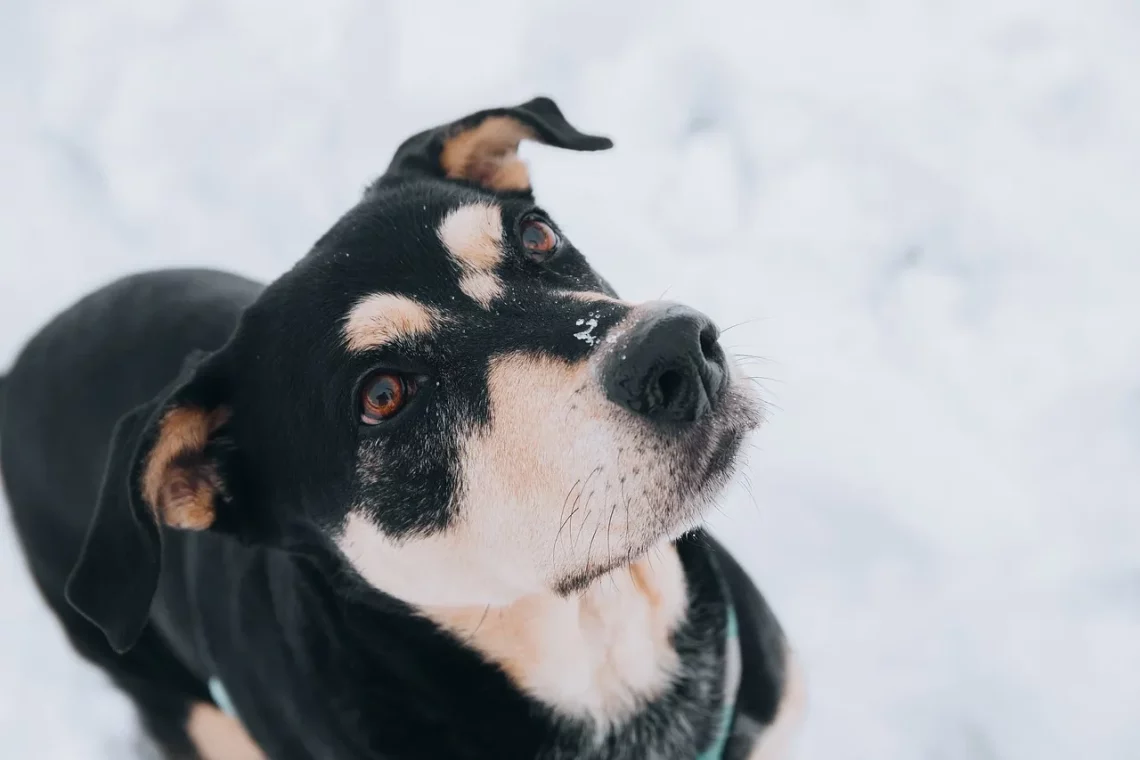
The Ultimate Guide to Great Pyrenees Newfoundland Mix Dogs
The Great Pyrenees Newfoundland mix, often affectionately referred to as the “Pyrenees Newfie,” is an awe-inspiring hybrid breed that captures the hearts of dog lovers everywhere. With a lineage that combines the majestic Great Pyrenees and the gentle Newfoundland, this mix brings together the best traits of both breeds. Known for their large size, friendly demeanor, and protective instincts, Pyrenees Newfies are not just pets; they are loyal companions that thrive on human interaction and affection.
These dogs are particularly well-suited for families, thanks to their gentle nature and easy-going temperament. They often exhibit a strong desire to please their human family members, making training a rewarding experience. However, owning a Pyrenees Newfie comes with responsibilities, including ensuring they receive adequate exercise, mental stimulation, and grooming. With their impressive size and fluffy coats, they require a bit of extra care, especially in terms of health and wellbeing.
As we explore the various aspects of the Great Pyrenees Newfoundland mix, we’ll uncover what makes this breed unique, how to care for them, and what potential owners should consider before bringing one of these remarkable dogs into their home. Whether you are contemplating adoption or simply curious about this hybrid breed, there is much to learn about the Pyrenees Newfie.
Understanding the Characteristics of the Pyrenees Newfie
The Great Pyrenees Newfoundland mix inherits a variety of traits from its parent breeds, making it an intriguing blend of characteristics. One of the most notable features is their impressive size. These dogs can weigh anywhere from 80 to 150 pounds and stand between 24 to 32 inches tall at the shoulder. Their size not only makes them visually striking but also contributes to their role as natural protectors.
In terms of temperament, Pyrenees Newfies are known for being gentle giants. They typically exhibit a calm and friendly demeanor, especially around children and other pets. This gentle nature is a hallmark of both the Great Pyrenees and Newfoundland breeds, which are historically known for their caring and nurturing attitudes. These dogs thrive on companionship and often form strong bonds with their families, making them excellent family pets.
However, it’s important to note that, like all dogs, the temperament of a Pyrenees Newfie can vary based on individual personality, upbringing, and socialization. Early training and positive reinforcement can help shape a well-behaved dog. These dogs are intelligent and eager to please, which often makes training easier. However, they can also be somewhat stubborn; therefore, consistency and patience during training sessions are essential.
Another characteristic to consider is their grooming needs. With their thick double coats, Pyrenees Newfies require regular grooming to prevent matting and control shedding. Their fur can vary from wavy to straight, and they often inherit the water-resistant properties of the Newfoundland. Regular brushing—at least once a week—is recommended to keep their coats healthy and clean.
Overall, understanding the characteristics of the Great Pyrenees Newfoundland mix is crucial for potential owners. Their size, temperament, and grooming needs all play a significant role in ensuring a happy and healthy life for these magnificent dogs.
Health Considerations for Pyrenees Newfies
Like many mixed breeds, the Great Pyrenees Newfoundland mix can inherit health issues from both parent breeds. Being aware of these potential health problems is vital for prospective owners to ensure the longevity and quality of life for their pet.
One common concern is hip dysplasia, a genetic condition where the hip joint doesn’t fit into the hip socket properly. This can lead to arthritis and significant discomfort as the dog ages. Regular veterinary check-ups and maintaining a healthy weight can help mitigate the risks associated with this condition.
Another health issue to be aware of is heart disease, particularly dilated cardiomyopathy, which can affect larger breeds. This condition impacts the heart’s ability to pump blood effectively. Regular exercise and a balanced diet are essential for maintaining heart health.
In addition to these concerns, Pyrenees Newfies may be prone to certain skin conditions. Their thick coats can trap moisture and debris, leading to infections or irritations if not properly managed. Regular grooming and baths can help keep their skin healthy and prevent issues.
It’s also worth noting that these dogs are sensitive to extreme temperatures due to their thick fur. While they can handle colder climates better than heat, it’s essential to provide adequate shelter and care during both hot and cold weather.
Before bringing a Pyrenees Newfie into your home, it’s wise to consult with a veterinarian to discuss preventative care and health monitoring. Regular check-ups can help catch any potential issues early, ensuring your furry friend leads a healthy life.
**Disclaimer:** This article is not a substitute for professional veterinary advice. Always consult your veterinarian regarding health concerns and before making any decisions related to your pet’s health.
Training and Socialization Tips
Training and socialization are critical aspects of raising a well-adjusted Pyrenees Newfie. Given their size and strength, it’s essential to start training early to instill good behavior and obedience. Positive reinforcement techniques, such as treats and praise, work particularly well with this breed, as they are eager to please their owners.
Socialization should begin in puppyhood and continue throughout their lives. Exposing your dog to various environments, people, and other animals is essential in preventing behavioral issues. A well-socialized Pyrenees Newfie will be more adaptable and less likely to display fear or aggression in unfamiliar situations.
Basic commands such as sit, stay, and come should be part of their training regimen. Additionally, leash training is crucial, as their size can make them a challenge to control if they become excited. Teaching them to walk calmly on a leash not only makes outings more enjoyable but also helps reinforce good behavior.
Another important aspect of training is mental stimulation. Great Pyrenees Newfoundland mixes are intelligent dogs that thrive when challenged. Incorporating puzzle toys, obedience classes, or agility training can help keep their minds sharp and engaged.
Finally, consistency is key in training. Establishing a routine and sticking to it helps reinforce the lessons you are teaching your dog. Remember, patience and understanding are vital, as every dog learns at its own pace.
By focusing on effective training and socialization, Pyrenees Newfies can grow into well-mannered companions that are a joy to have in any household.
Finding the Right Home for a Pyrenees Newfie
Choosing the right home environment for a Great Pyrenees Newfoundland mix is crucial for their overall well-being. Due to their size and energy levels, these dogs do best in homes with ample space, ideally with a fenced yard where they can roam and play safely.
Families with children can find a great companion in a Pyrenees Newfie, as they generally have a gentle and tolerant nature. However, it’s essential to supervise interactions between dogs and young children to ensure safety and to teach proper behavior on both sides.
While they can adapt to apartment living, it is not the ideal situation for this breed. They require regular exercise to stay healthy and happy, and living in a confined space can lead to boredom and behavioral issues. Daily walks, playtime, and mental stimulation are necessary to keep them active.
Additionally, potential owners should consider their lifestyle and commitment level. Pyrenees Newfies thrive on companionship and do not do well if left alone for long periods. They can develop separation anxiety, leading to destructive behaviors if not properly managed.
Finally, it’s vital to assess your ability to meet their grooming needs. Their thick coats require regular maintenance, and neglecting this can lead to health issues, making it essential for owners to be prepared for the responsibilities that come with this breed.
In conclusion, the Great Pyrenees Newfoundland mix can be an extraordinary addition to the right family. By ensuring a suitable living environment, providing ample exercise, and engaging in regular grooming, you can create a loving and fulfilling home for your Pyrenees Newfie.




